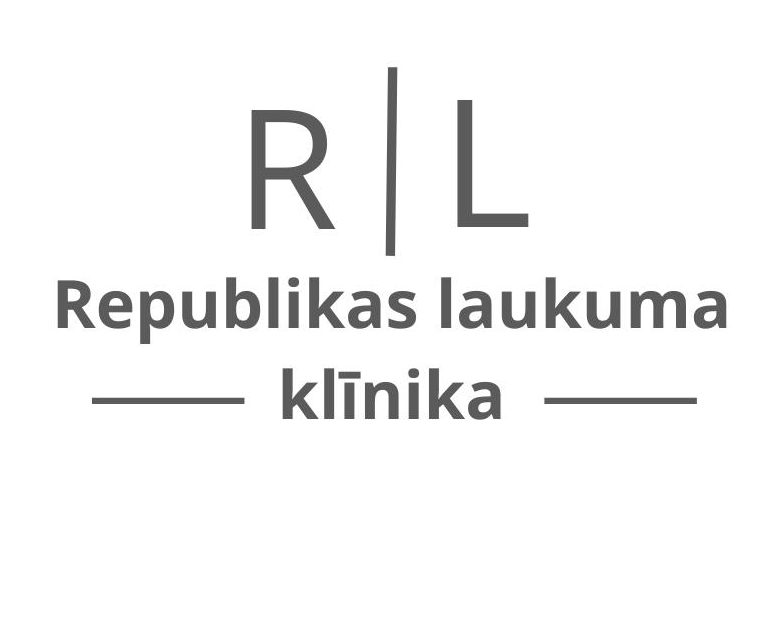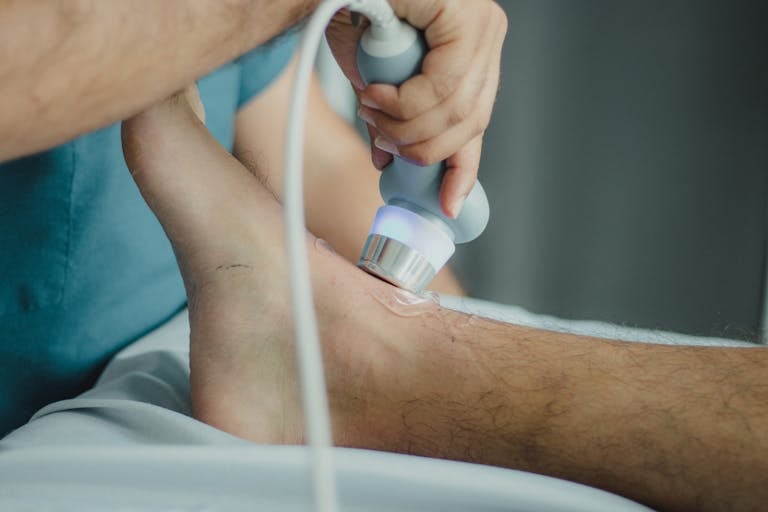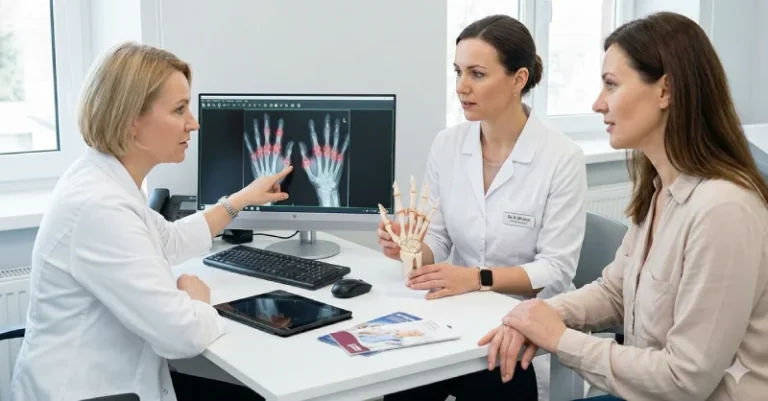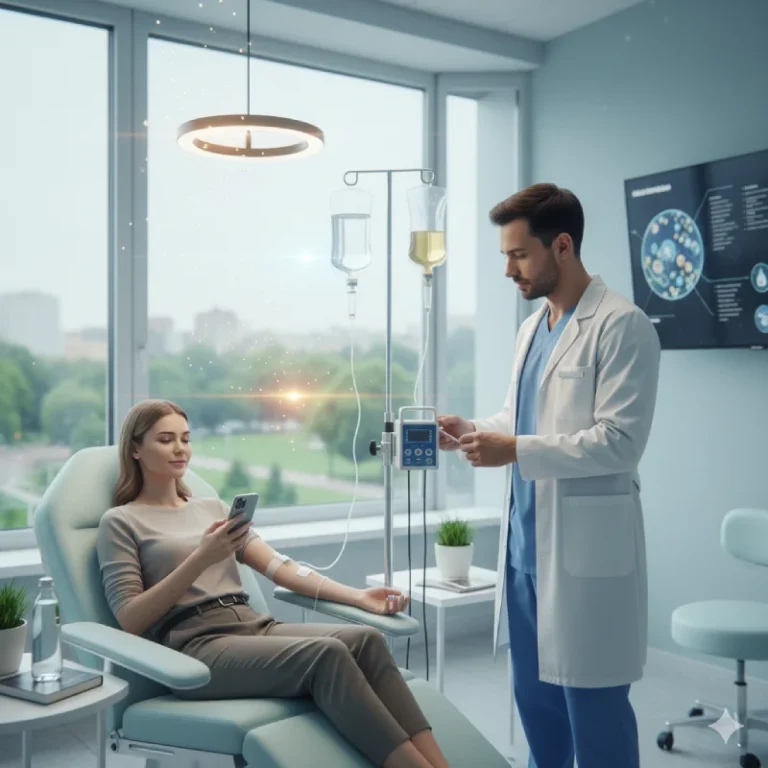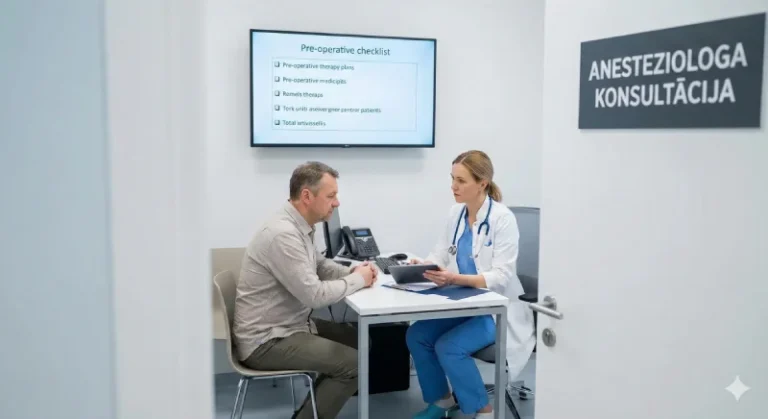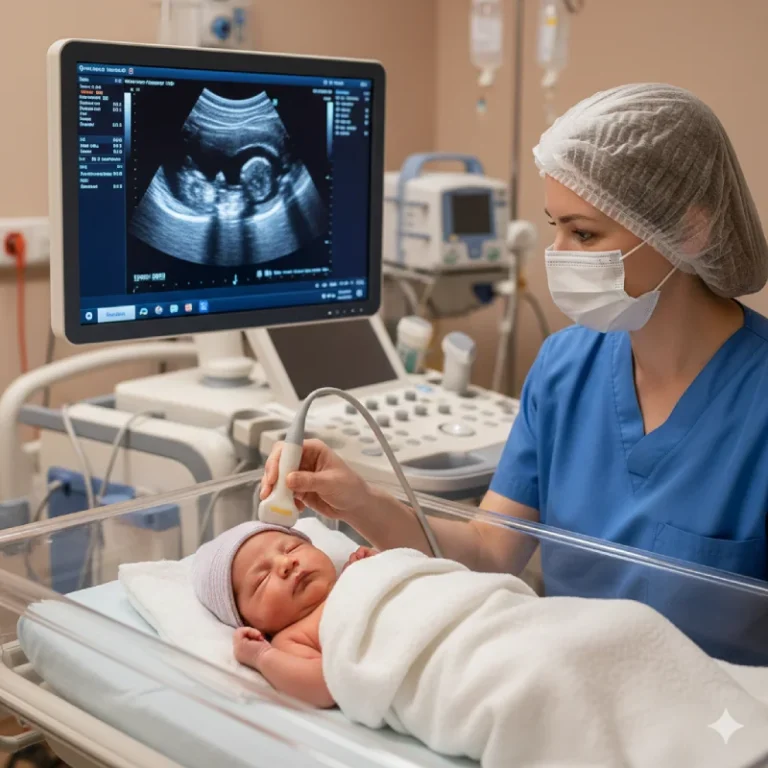Sleep Specialist | Republikas laukuma klīnika
A sleep specialist is a physician who focuses on diagnosing and treating sleep disorders. They assist patients with various sleep-related problems, including sleep apnea, insomnia, and other sleep disturbances.
At “Republikas laukuma klīnika,” a highly qualified sleep specialist provides a comprehensive approach to the diagnosis and treatment of sleep disorders.
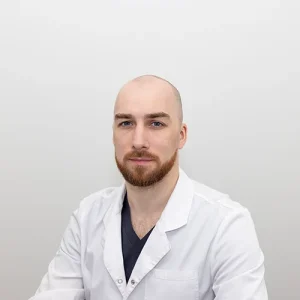
Dr. Ruslans Mihailovskis
- Before the consultation, patients are asked to complete questionnaires such as the Insomnia Scale, Sleepiness Scale, and Apnea Scale.
- During the consultation, the specialist evaluates sleep pattern disturbances, possible sleep apnea, chronic insomnia, parasomnias, and hypersomnias. Individual recommendations are provided, and if necessary, a referral for additional examinations is issued, including a sleep study – polysomnography.
- If the patient agrees to undergo the examination immediately, a nurse provides instructions and sets up the polysomnography equipment on the same day. Depending on workload, the examination report may be prepared within 1–2 weeks; under lighter workload conditions, it can be completed within one working day.
- The polysomnography report includes further recommendations and indicates which specialists to consult for continued treatment or additional diagnostics.
Patient evaluation and observation
A sleep specialist conducts a thorough assessment of a patient’s sleep problems. Initially, the specialist collects detailed information about the patient’s sleep habits, overall health, and lifestyle.
A sleep specialist conducts a thorough assessment of a patient’s sleep problems. Initially, the specialist collects detailed information about the patient’s sleep habits, overall health, and lifestyle.
After the examination, the sleep specialist develops an individualized treatment plan, which may include lifestyle changes, medication, or specialized devices such as a CPAP machine for sleep apnea.
Sleep apnea
Sleep apnea affects many people but is often undiagnosed. This condition causes interruptions in breathing during sleep, which can significantly impact health and quality of life. Key symptoms include loud snoring, waking up feeling short of breath, and excessive daytime fatigue.
Sleep disorders are diagnosed using polygraphy, which analyzes heart and respiratory activity during sleep. Modern treatment options for sleep apnea are diverse, with individualized plans tailored to each patient.
Symptoms of sleep apnea:
- Loud snoring
- Waking up choking or gasping for air
- Dry throat or morning headaches
- Excessive daytime sleepiness
- Fatigue and difficulty concentrating
Untreated sleep apnea can lead to serious health problems, making early recognition and consultation with a specialist crucial.
Causes of sleep apnea
Sleep apnea typically develops due to a combination of physiological and lifestyle factors. Key risk factors include:
- Excess weight or obesity
- Enlarged tonsils or adenoids
- Narrow upper airways
- Reduced throat muscle tone
- Family history
- Age and gender (more common in men and people over 40)
Smoking, alcohol, and sleep medications can worsen symptoms by relaxing throat muscles.
Diagnosis and polygraphy
Diagnosis begins with a detailed evaluation of symptoms and specialized testing. Polygraphy is the primary diagnostic tool, recording physiological parameters during sleep.
During the test, the patient is connected to equipment that measures:
- Breathing frequency and pauses
- Chest movements
- Heart rate and blood oxygen levels
- Body position during sleep
Polygraphy is conducted at home while the patient sleeps, and sleep specialists analyze the data to determine the presence and severity of sleep apnea.
Need a sleep specialist in Riga? Contact the specialists at “Republikas laukuma klīnika” today!
Frequently Asked Questions
What is sleep apnea?
Sleep apnea is a common sleep disorder that affects breathing at night, causing decreased oxygen levels in the blood and impacting overall health.
What sleep disorders can a sleep specialist treat?
Sleep specialists treat insomnia, sleep apnea, parasomnias (e.g., sleepwalking, nightmares), circadian rhythm disorders, narcolepsy, and other hypersomnia forms.
What are the main symptoms of sleep apnea?
Loud snoring, breathing pauses during sleep, frequent awakenings at night, excessive daytime sleepiness, morning headaches, dry mouth, and difficulty concentrating. Patients may feel tired even after sufficient sleep.
How is sleep apnea diagnosed?
Diagnosis starts with evaluating symptoms and medical history. The primary diagnostic tool is home polysomnography, which measures oxygen levels, breathing patterns, and heart activity during sleep.
Cost of consultation
- Sleep specialist consultation: € 60,00
- Polygraphy test: € 160,00
